Mobile web usage overtakes time spent on Facebook app by 3%, study says
By Robert Williams | July 23, 2019
As featured on Mobile Marketer
Brief:
Web usage is the most popular source of time spent on mobile devices, overtaking Facebook usage by 3% as consumers divide their time among other top apps. Mobile web usage makes up about 17% of all time spent on wireless devices, per an announcement from mobile-only ad firm Kargo.
Average time spent on Facebook has declined in the past two years, and 9% of Facebook app usage is spent on web content, behind other apps such as Flipboard. Mobile app usage has become more fragmented as consumers spend more time in apps such as YouTube, Gmail and Instagram, per Kargo.
While app usage is primarily limited to social, entertainment and games, mobile web usage covers a broader range of content, including high-value categories such as automotive, shopping and finance, per Kargo.
Insight:
Kargo's study of mobile usage suggests that marketers need to weigh whether their ads should appear in apps like Facebook or on the mobile web. Apps offer a variety of social content and games, while the mobile web can offer wider reach and be more relevant in high-value advertising categories. Kargo recommends that brands consider where their customers are spending their time when deciding which platforms offer the most relevance for their marketing.
Kargo's research confirms other studies of mobile usage, which is overtaking time spent with more established media channels. Consumers worldwide will expand their average mobile internet usage by 16% to 930 hours a year by 2021 from 800 hours this year, per media agency Zenith. Mobile internet usage will increase to 31% of global media consumption in 2021 from 27% this year, taking time away from TV, newspapers and magazines. In the United States, adults this year will spend more time using their mobile devices than they'll spend watching TV, eMarketer estimated. The researcher forecast that the average time spent on mobile devices will rise 3.7% this year to 3 hours and 43 minutes a day, surpassing the 3 hours and 35 minutes spent watching TV.
The decline in time spent on Facebook is reflected in ad spending stagnation on the social network, although the company's revenues are still expanding as Instagram becomes a significant growth engine. The amount that brands spent on Facebook advertising, excluding Instagram, fell 2% in Q1 from a year earlier, per a study by marketing agency Merkle. The firm said ad spend on Instagram surged 44% during the period. Facebook reported a 26% revenue gain to $14.9 billion in Q1 from a year earlier, citing particular strength in Instagram Stories Ads.
